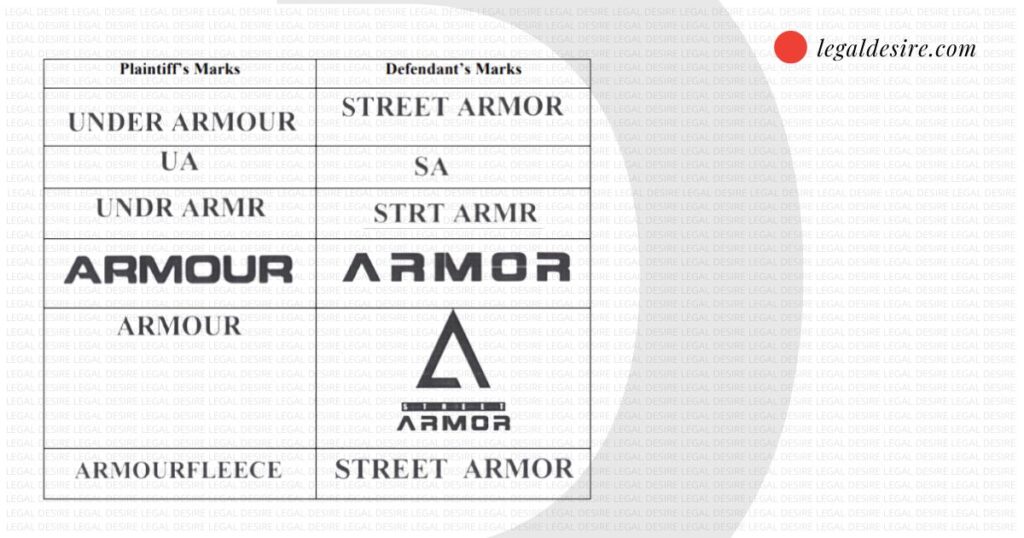Now Reading: SC: ‘Confession made in handwriting in presence of an Officer is to be considered voluntary’
-
01
SC: ‘Confession made in handwriting in presence of an Officer is to be considered voluntary’
SC: ‘Confession made in handwriting in presence of an Officer is to be considered voluntary’
The Apex Court on 03.10.2018 , in RAM LAL v STATE OF HIMACHAL PRADESH partly permitted the appeal filed by the appellant. These appeals had been made against the High Court of Himachal Pradesh ‘s judgment affirming the conviction and imprisonment sentence by the trail court for the offences committed under Prevention of Corruption Act, 1988along with various other sections of the Indian Penal Code.
FACTS:The accused worked as a peon in a bank where due to scarcity in the staff of clerks, he was assigned the position of clerk where his main duty was of manning the savings bank account counter. Whenever customers would approach him for withdrawing money , fake credit entries would be prepared in the ledger sheets while filling in the withdrawal slips and then submitting to the concerned officer who would in turn permit such withdrawal. As such massive wrongful loss had been caused to the concerned bank as a result an Inquiry Committee was set up and later on after the proper investigation a charge sheet for the above mentioned offences were prepared against the appellant.
The trial court after considering the evidences passed a judgement of conviction against the accused ,being grieved by the judgement , an appeal before the High Court was made that was later on dismissed .
DECISION BY THE SUPREME COURT OF INDIA: The Apex Court in parts allowed the appeals. While it was alleged that the confession made by the accused was involuntary which was later on as well confirmed by the Apex Court that the confession was indeed voluntary that was concluded in the form of handwriting made when the Assistant Chief Officer was present constituting the base of his conviction as upheld by the lower Courts. However, the imprisonment sentence of the appellant was reduced to three years while confirming the conviction under the sections of Prevention of Corruption Act, 1988 and the other imprisonment term pertaining to two years remained confirmed, also the convictions held under various sections of Indian Penal code and the imprisonment in connection to the section was minimized to a term of three years.
https://www.sci.gov.in/supremecourt/2009/5682/5682_2009_Judgement_03-Oct-2018.pdf








